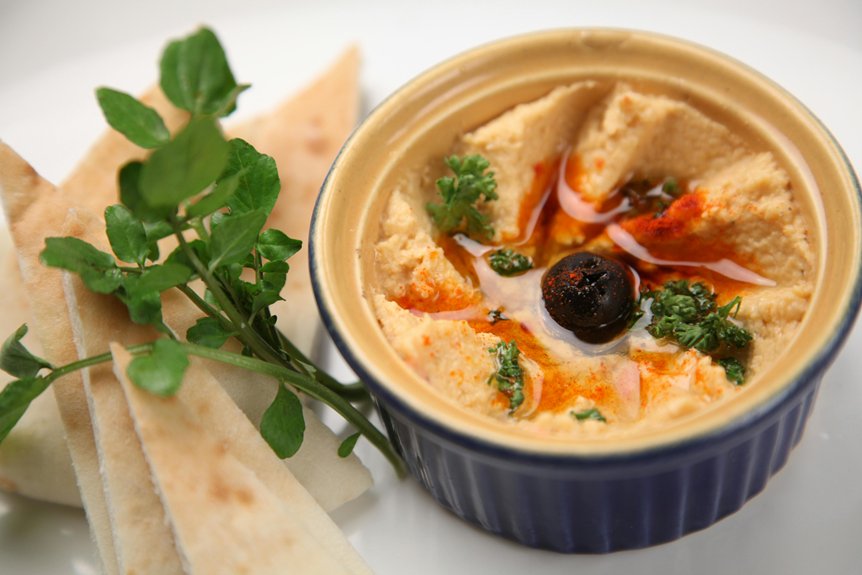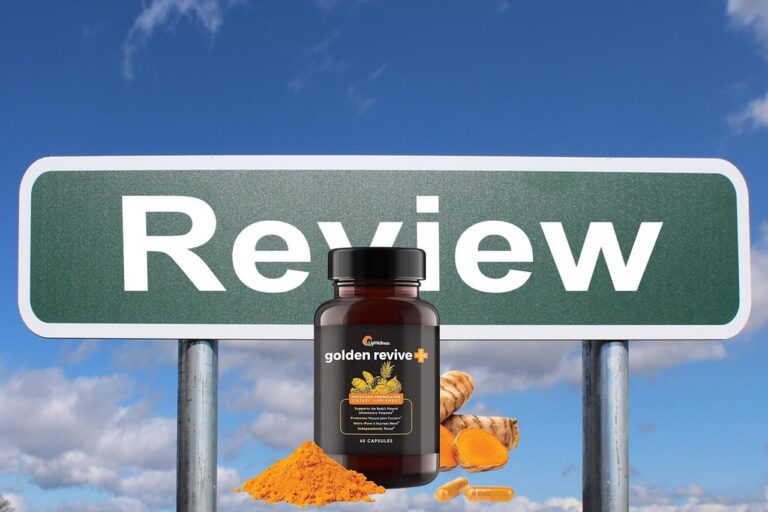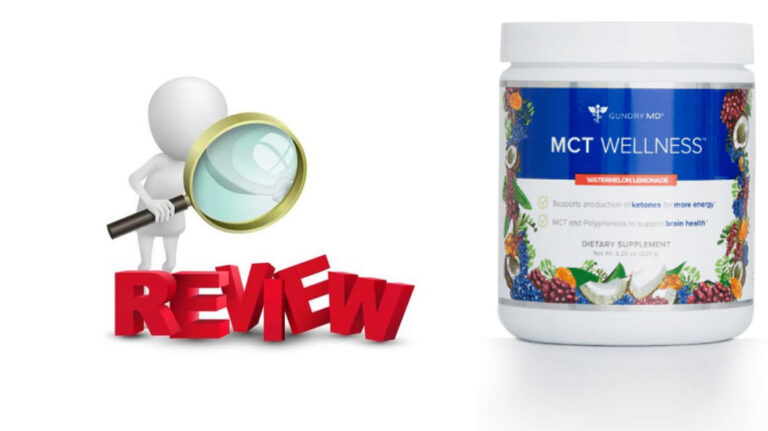
When you cook with olive oil, those calories can sneak up on you. Just one tablespoon adds around 120 calories, mostly from healthy fats. But how you use that oil can really change the game. Are you frying, sautéing, or baking? Each method impacts the total caloric count differently. Understanding these details can help you enjoy the flavor while keeping your diet in check. Curious about how to measure and use olive oil wisely?
Understanding Olive Oil: Types and Benefits
When you think about healthy cooking oils, olive oil often tops the list due to its rich flavor and numerous health benefits. There are several types of olive oil, including extra virgin, virgin, and refined, each offering unique qualities. Extra virgin olive oil, made from the first cold press of olives, boasts the highest antioxidant content, making it a powerhouse for heart health. It’s perfect for drizzling over salads or dipping bread. Virgin olive oil has a slightly lower quality but still retains many benefits, while refined olive oil is milder and more versatile for cooking. By choosing the right type, you can enhance your dishes while reaping the nutritional rewards, truly liberating your culinary experience. Additionally, opting for high polyphenol content olive oil, like Gundry MD Olive Oil, can significantly boost your health benefits.
Caloric Content of Olive Oil
Olive oil isn’t just celebrated for its flavor and health benefits; it’s also important to contemplate its caloric content when incorporating it into your diet. A tablespoon of olive oil packs around 120 calories, primarily from fat. While these are healthy fats, such as monounsaturated fats that can support heart health, it’s easy to overlook the calories they contribute. If you’re trying to maintain or lose weight, it’s vital to measure how much you’re using. You might think a drizzle here and there doesn’t count, but those calories can add up quickly. Remember, enjoying olive oil is about balance; savor its richness while being mindful of how it fits into your overall caloric intake. Your health journey deserves that awareness!
Measuring Olive Oil for Cooking
Measuring olive oil accurately is essential for both flavor and health benefits in your cooking. Whether you’re drizzling it over a salad or sautéing vegetables, knowing the right amount can elevate your dish. Use a measuring spoon or a kitchen scale for precision; a tablespoon holds about 15 milliliters, which is a handy starting point. If you’re looking to control calories, consider using a spray bottle to apply a fine mist of oil. This method helps you use less while still enjoying that rich flavor. Remember, the quality of olive oil matters, too! Opt for extra virgin for the best taste and health perks. Embrace the freedom of cooking with intention, and your meals will shine!
Impact of Cooking Methods on Caloric Intake
While you might think all cooking methods affect calorie content equally, the truth is that the way you prepare your food can greatly alter its caloric intake. For instance, frying in olive oil adds more calories than sautéing or baking, as the oil absorbs into the food. Steaming or grilling, on the other hand, retains the natural flavors without substantially increasing calorie counts. Even the temperature matters—higher temperatures can lead to more oil absorption. By understanding these nuances, you can make informed choices that align with your health goals. Opt for methods that minimize added calories, and you’ll not only enjoy your meals more but also gain control over your caloric intake. Empower yourself to cook wisely!
Tips for Using Olive Oil Wisely in Your Diet
When you’re looking to incorporate olive oil into your diet, it’s important to be mindful of how much you use and when. Start by using it in moderation; a tablespoon here and there can add flavor without overwhelming your dish. Try drizzling it over salads or veggies instead of frying them—this way, you keep the nutrients intact while enjoying its rich taste. Opt for high-quality extra virgin olive oil, as it offers the most health benefits. Remember to store it in a cool, dark place to maintain its quality. Finally, don’t hesitate to experiment with different herbs and spices to enhance your dishes even further. Embrace the freedom to enjoy olive oil while staying mindful of your overall caloric intake!





